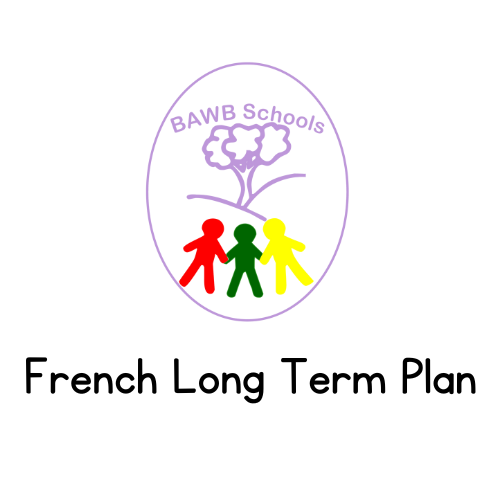Intent
Learning a foreign language can open up the world for young children. It can inspire them to look beyond their own horizons and feel some of the excitement associated with discovering new civilisations, cultures and ways of looking at the world. As such, we believe that learning French provides the BAWB Federation with an opportunity to explore our Christian vision in a unique way; our children begin to understand that ‘neighbours’ are not just those who live in our local area but include other nationalities from across the world.
However, we realise that the key to igniting a fascination with the wider world is to ensure that children succeed in their language learning. To achieve this, learning needs to progress carefully, building up in small steps with regular revision of key concepts and vocabulary. We have developed our long-term and medium-term plans to ensure that this happens effectively.
Implementation
We use the KAPOW scheme of learning to support our teaching of French across Key Stage 2. This scheme is carefully structured to build up children’s knowledge of speaking, listening, reading and writing of French in small steps of progress, with regular revision of key concepts and vocabulary. All children, regardless of ability, take part in French lessons with scaffolding to support children with additional needs to enjoy and progress in the subject.
Impact
Children are keen to take an active role in spoken activities: French conversations with their teachers and classmates are fun, lively affairs. Scaffolded writing activities and model sentences support children to translate their oral knowledge into written French. Songs, rhymes and reading activities help further develop this breadth of experience.
At the end of each unit, children complete a simple assessment based on what they have learnt over the previous half term. The results of these assessments are used to identify gaps in what the children have learnt that can then be revised and secured in language teaching in the following term. The regular revision of key knowledge, skills and vocabulary further supports us to embed the learning in the children’s long term memories.
Mrs Norton, French subject leader
Email: c.norton@b-a-wb.co.uk
